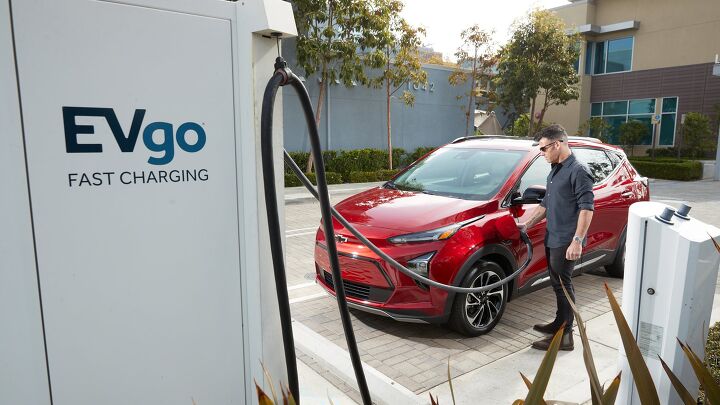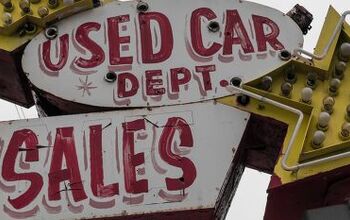EV Supply Chains May Be Dirtier Than You Think

Most of us know that even the most efficient, long-range EVs generate emissions during the raw materials extraction and production phases, and that’s before we count the logistics required to move everything around the world a few times in the process. The Washington Post recently reported on some of the “dirty parts” of EV manufacturing, and it paints a picture of challenges ahead as more people look to make the shift to electrics.
EV batteries weigh hundreds of pounds and require several minerals and other materials that have to be mined. Many of the extraction locations are in poor parts of the world where the environmental safety and protections aren’t as strong as they are here. Materials like manganese mined in South Africa can have significant negative impacts on local communities and the people doing the mining. Workers in some mines report memory loss and slurred speech related to their work.
These challenges are likely going to get worse as demand for raw materials increases. The reporting estimated that demand for lithium will climb 40 times over by 2040, while other minerals will see astronomical growth of 20 times or more over that period. New battery chemistries and designs may help alleviate some of that pressure, but it will be some time before that happens, and the damage will have been done.
As The Washington Post points out, the U.S. is working to expand its supply chain through legislation like the Inflation Reduction Act and other efforts. That could raise EV prices initially, as much of the existing sourcing and refining infrastructure lies in China, and upcoming changes to the tax credit rules will make vehicles with Chinese-sourced or refined materials ineligible.
[Image: Chevrolet]
Become a TTAC insider. Get the latest news, features, TTAC takes, and everything else that gets to the truth about cars first by subscribing to our newsletter.

Chris grew up in, under, and around cars, but took the long way around to becoming an automotive writer. After a career in technology consulting and a trip through business school, Chris began writing about the automotive industry as a way to reconnect with his passion and get behind the wheel of a new car every week. He focuses on taking complex industry stories and making them digestible by any reader. Just don’t expect him to stay away from high-mileage Porsches.
More by Chris Teague
Latest Car Reviews
Read moreLatest Product Reviews
Read moreRecent Comments
- 28-Cars-Later "The unions" need to not be the UAW and maybe there's a shot. Maybe.
- 2manyvettes I had a Cougar of similar vintage that I bought from my late mother in law. It did not suffer the issues mentioned in this article, but being a Minnesota car it did have some weird issues, like a rusted brake line.(!) I do not remember the mileage of the vehicle, but it left my driveway when the transmission started making unwelcome noises. I traded it for a much newer Ford Fusion that served my daughter well until she finished college.
- TheEndlessEnigma Couple of questions: 1) who will be the service partner for these when Rivian goes Tits Up? 2) What happens with software/operating system support when Rivia goes Tits Up? 3) What happens to the lease when Rivian goes Tits up?
- Richard I loved these cars, I was blessed to own three. My first a red beauty 86. My second was an 87, 2+2, with digital everything. My third an 87, it had been ridden pretty hard when I got it but it served me well for several years. The first two I loved so much. Unfortunately they had fuel injection issue causing them to basically burst into flames. My son was with me at 10 years old when first one went up. I'm holding no grudges. Nissan gave me 1600$ for first one after jumping thru hoops for 3 years. I didn't bother trying with the second. Just wondering if anyone else had similar experience. I still love those cars.
- TheEndlessEnigma A '95 in Iowa, I'm thinking significant frame and underbody rust issues.


































Comments
Join the conversation
Masterbaiter: that comment makes no sense. Oil companies are out to maximize profits. if they can get cheap oil somewhere (gov't lands) then that just means they can make so much more selling it at going rates.
Bullnuke: There is cheap crude. Crude that takes almost no effort or cost to pump vs crude that is extremely expensive to extract.
Back in the '60's and 70's they would have thought you were nuts to try to extract oil from shale or tar sands.